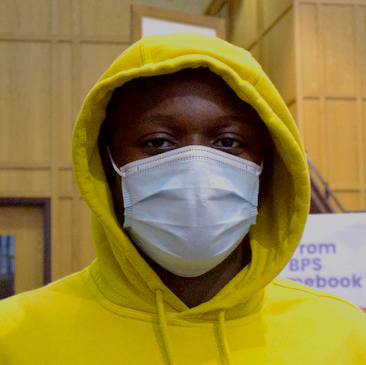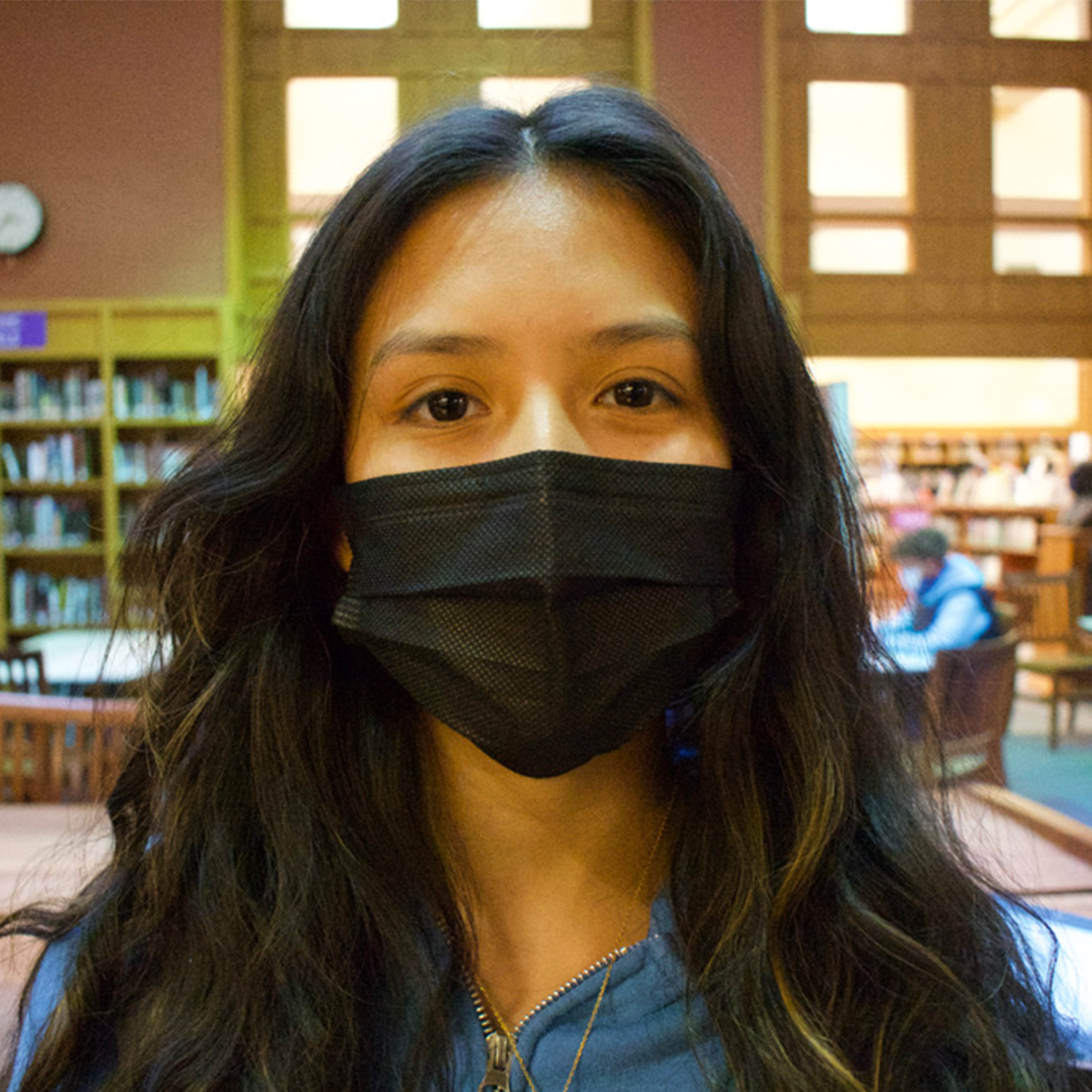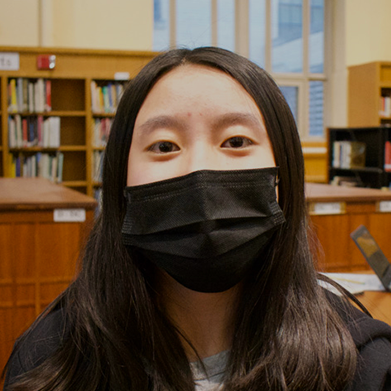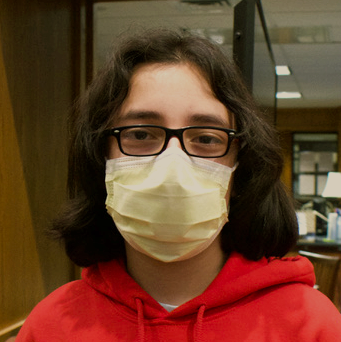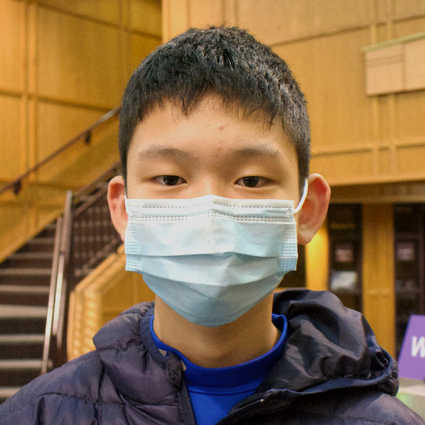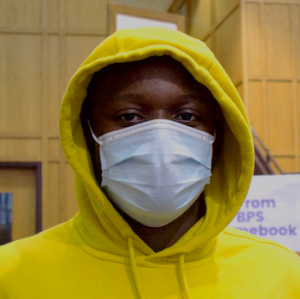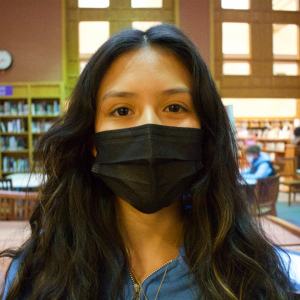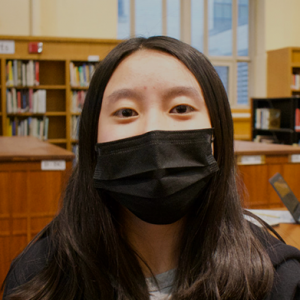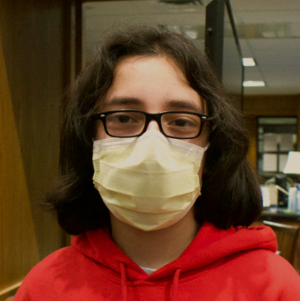Versus: Are Pop Quizzes Beneficial to Students’ Learning?
November 30, 2021

Yes, Pop Quizzes Are Beneficial to Students’ Learning
Students everywhere know all too well about the process of devoting their blood, sweat and tears to academics, but still having the feeling of not retaining what is needed to pass exams. Coming back strong from the pandemic, Boston Latin School students are starting to see old classroom staples, such as pop quizzes, appear again. While many students despise unannounced assessments for their sudden drops in GPA, pop quizzes are actually beneficial to their long-term success.
BLS students know better than anyone about the stress of staying up late, cramming for a test the next day. Having pop quizzes implemented into curriculums can work actively against unhealthy procrastination.
Ms. Marie Attia, a BLS Spanish teacher, explains, “Pop quizzes motivate the students to study at a more disciplined pace […] on scheduled exams they have a tendency to procrastinate studying until the night before the exam.”
While planned assessments give students ample time to study, most of that free time is used by students to catch up on homework or study for another class’s quiz, until, lo and behold, that exam is the next morning. Pop quizzes push students to review little bits of information each day so that they will be prepared in anticipation of a quiz.
Katherine Martin (III) has noticed this trend with her own grades, saying, “When I am anticipating a pop quiz, I study regularly. […] I began to consistently study my Latin vocab on the train ride to school, and have noticed an increase in my vocab quiz grades.” Not only does this strategy improve short-term grades, it also teaches students the importance of time management, pushes them to develop better study habits and helps with retaining information.
Classics teacher Mr. Patrick Finnigan uses pop quizzes in his curriculum as well. Without pop quizzes, he has seen that “by the time the exam rolls around, [the earlier information is] kind of gone because you haven’t studied bits at a time.”
Reviewing content from class everyday, even for five minutes, can help increase active recall skills and long-term retention. It is common for students to study the night before an exam, receive a satisfactory grade but forget all the information by the end-of-term test.
Despite these benefits, it is no lie that pop quizzes can induce anxiety and feelings of uncertainty, especially for those who need extra time. Pop quizzes can only be beneficial when they give all students equal chances to succeed. Like any other assessment, they need to be
modified for students with special learning accommodations so that those students can get the extra time they need.
That being said, even the brightest student will not always have the time for daily review and will not always perform well on pop quizzes. Between homework, extracurricular activities and social life, pop quizzes can easily catch students on the wrong foot.
Mr. Finnigan, however, sees the long-term benefits of this, saying, “Year after year, kids come back to me. […] I have them in ninth grade, [and in] their senior year they [tell me] ‘I don’t worry about a test […] I’m going to learn it better and I’m going to do better in the long run.’”
As long as a curriculum equally consists of both planned quizzes and pop quizzes, a single bad grade on a pop quiz will not affect one’s average, but will instead become a learning experience for that student. Having a fair balance between the two both allows students to play to their strengths and improve upon their weaknesses.
Pop quizzes push students to study more efficiently and, through this engagement, help with long-term learning and retention. As Martin puts it, “Pop quizzes motivate me to be proactive about my learning […] and [I have] become a better student as a result.”
No, Pop Quizzes Are Not Beneficial to Students’ Learning
For many high school students, a pop quiz is one of the worst scenarios they can find themselves in. While some teachers may argue that pop quizzes keep students on their toes, they are not an effective way to assess true knowledge. Instead, they force students to learn at a pace that does not suit their learning styles, leading to more stress and cramming than announced quizzes.
Christian Leriche (I) says, “Personally, I like to work at my own pace sometimes. Knowing the dates of quizzes will let you pace yourself, but having pop quizzes force you to work at a pace that isn’t really your own.” Students who do not do well on pop quizzes should not be automatically labelled as bad students.
Even the best students can struggle to understand topics some nights, and it is unrealistic to expect them to learn the material themselves before the next class. Therefore, pop quizzes are not an accurate measurement of a student’s performance in a class. Rather, they measure how quickly a student can absorb information they learned during a couple of classes or even the night before.
Boston Latin School AP Environmental Science teacher, Ms. Jennifer Dorcy, supports this idea. She says, “At the beginning of my career I did [give pop quizzes], and I found that they weren’t very effective. They didn’t assess true knowledge. What they assessed was a student’s ability to remember what they just read. I found that some of my best students still weren’t necessarily doing well.”
Beyond this, pop quizzes follow an extremely unfair system. Students who have classes at the beginning of the day are caught more off guard than those who have classes at the end, since they would have already heard about it.
Pop quizzes have also been notorious for encouraging students to cheat because many feel unprepared to take them based on their own knowledge. Whether it is giving out answers or even through the seemingly harmless action of telling peers the contents of the quiz, students feel more inclined to cheat on quizzes they don’t know about. This would also cause an unfair display of the students’ knowledge because those who know about it will obviously do better.
Students also do not learn as much from pop quizzes they performed poorly on, since they never dedicated time to studying in the first place. Benjamin Jacobson (IV) says, “On a regular quiz, I would feel more inclined to look at what I had gotten wrong, and I would be able to study it and be prepared for my next quiz. But with a pop quiz, I often feel overwhelmed about what to study because a lot of the information isn’t something I was familiar with.” Planned assessments follow an outline that the students are comfortable with studying, whereas reviewing pop quizzes can feel intimidating and daunting.
Especially with the number of students who have extracurriculars after school, expecting students to study for a quiz that may or may not happen is an unrealistic and damaging expectation. Students are already overwhelmed enough and do not need the pressure of pop quizzes. Although many teachers claim that pop quizzes intend to help students study bit by bit daily, many students do not change their study patterns for them.
Frequent, smaller and announced quizzes on material that has already been reviewed would allow students to learn at their own pace while still keeping up and maintaining daily study habits. It would encourage students to receive help while giving them time to thrive on their own study schedules and be a better representation of what they actually know. One thing is very clear, however. Pop quizzes cause much more harm than good and should be stopped.

